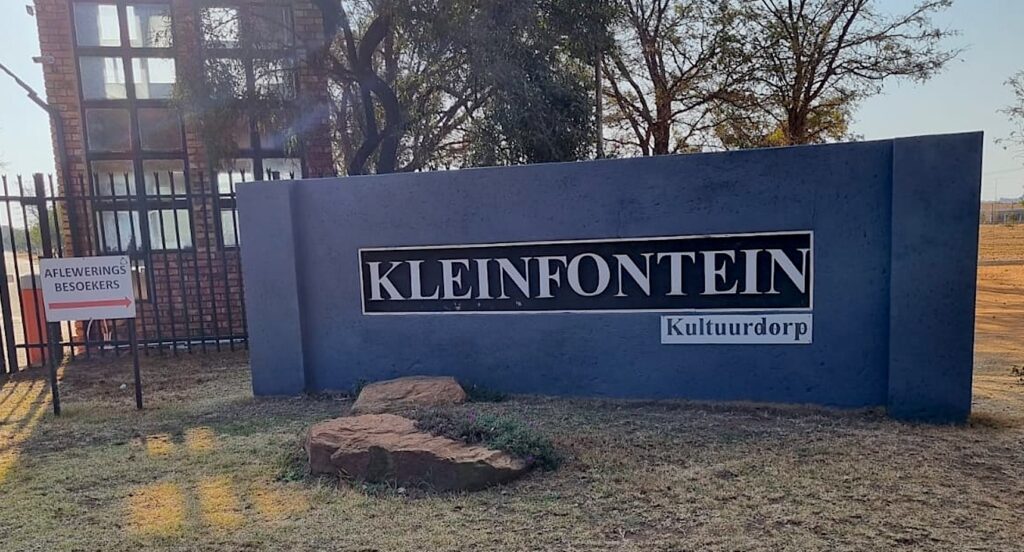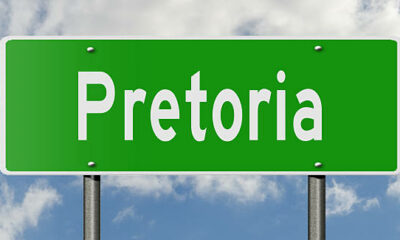News
Tshwane’s Demolition Threat Puts Kleinfontein Settlement Back in the Spotlight

For decades, Kleinfontein has been a name whispered with controversy in South Africa’s democratic landscape. The small Afrikaner-only settlement east of Pretoria, often criticised for clinging to apartheid-style exclusivity, is once again in the headlines. This time, the City of Tshwane is threatening demolition.
What sparked the latest standoff
The municipality recently served Kleinfontein with a court notice. The settlement was ordered to submit a new spatial planning and land use management application to replace its outdated 2013 filing. Tshwane argues that Kleinfontein is one of 17 settlements in the metro that are illegally zoned and therefore cannot be recognised as formal townships.
Failure to comply, Tshwane warns, could result in demolition. That ultimatum has left Kleinfontein residents both anxious and defiant.
Kleinfontein responds
Community spokesperson Dannie de Beer expressed “disappointment” at the legal route. He argued that Tshwane should have engaged in dialogue rather than what he describes as heavy-handed action. According to de Beer, preparing a new application will be costly, and Kleinfontein feels singled out among the city’s informal or improperly zoned communities.
“As far as we know, we are the only settlement threatened with demolition,” de Beer claimed. “We take exception to it.”
Why Kleinfontein matters
Founded in the 1990s, Kleinfontein has long been viewed as a stubborn relic of South Africa’s past. The settlement enforces a whites-only policy rooted in Afrikaner identity and self-determination. This has often put it at odds with broader South African values of inclusion and equality.
Over the years, critics have accused Kleinfontein of preserving apartheid-era thinking under the guise of cultural autonomy. Defenders, on the other hand, argue that the community is simply exercising its right to cultural association. The legal question now is whether zoning laws will succeed where politics has not.
Public reaction
News of Tshwane’s demolition threat has ignited debate online. Some South Africans have welcomed the city’s firm stance, saying it is long overdue. Others see the move as symbolic but question whether Tshwane is applying the same energy to other irregularly zoned communities, many of which are far larger and poorer.
On social media, the story has reignited broader conversations about land use, race, and belonging in post-apartheid South Africa. For many, Kleinfontein represents more than just a zoning dispute. It is a test of whether South Africa is still willing to tolerate racial exclusivity three decades after democracy.
What happens next
For now, Kleinfontein has been given an ultimatum. Either file a new application or risk demolition. Whether Tshwane follows through remains to be seen. What is certain is that Kleinfontein is once again forcing South Africans to confront an uncomfortable question: can communities built on exclusion survive in a democracy that promises inclusion?
Also read: Eskom Sets the Record Straight: No Prepaid Meter Lockouts in South Africa
Follow Joburg ETC on Facebook, Twitter, TikT
For more News in Johannesburg, visit joburgetc.com
Source: EWN
Featured Image: Moneyweb



























